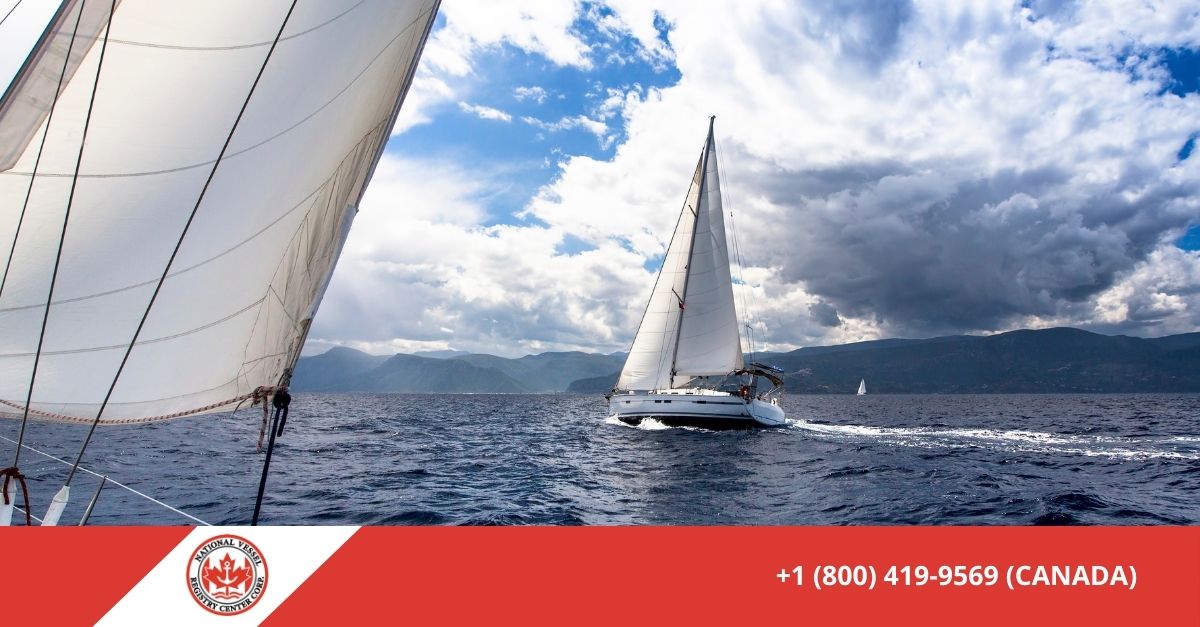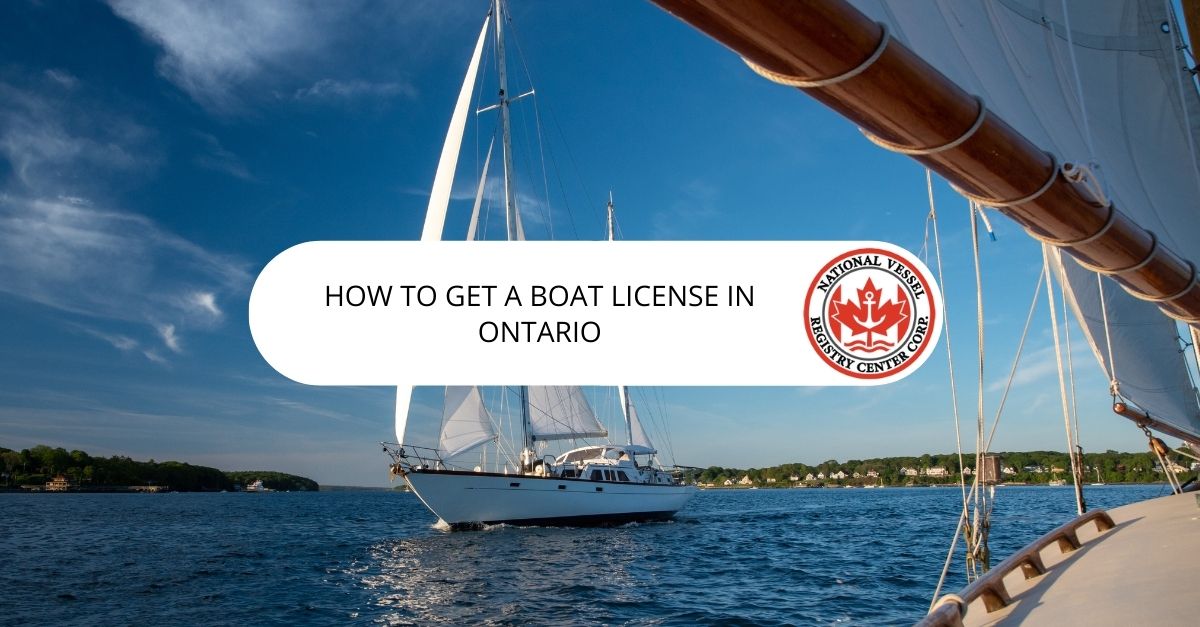Getting your boating license in Ontario is one of the most crucial stages you need to assess before you may buy a boat. If you want to legally operate a boat on the water, whether it’s for a fishing trip, a vacation, or simply a way to connect with your friends and family, it’s vital that you have this permission to do so.
If you don’t have it, you won’t be able to operate a boat lawfully. You may get your boating license in as little as one day if you live in Ontario, thanks to the reforms that have made the procedure much easier. The necessary paperwork and a little time are the only things preventing you from entering the ocean. Here are five tips on How to Get a Boat License in Ontario:
Find an Ontario Course near You
In Ontario, whether you want to go sailing, fishing, or enjoy the water, you may acquire a boat license in a few different ways. Getting your boating education in Ontario begins with locating a local course. These training centers may be found online, and you can search for them in various ways, including by city, county, or province. You may also look for a qualified teacher on the Canadian Safe Boating Council’s website.
Passing the final exam is the only prerequisite to graduating from one of these courses. There are other methods to earn your boating license in Ontario if you are interested but do not live near any classes. Boat Ed Canada, an online Ontario boating safety course, is one option if you need help finding a local system. Those who need to get their boating license but need easy access to classes in their area might take advantage of these online options.
Sign Up For the Course
Although this is a significant undertaking, the province of Ontario has made it simpler than others by offering a two-day training. On the first day, you’ll learn the fundamentals of boating etiquette in a classroom setting, with time set out for questions and discussion. The next day, you’ll go out on the lake with your teacher, who will be watching you and giving you feedback as you handle a variety of scenarios.
These seminars may initially seem intimidating if you’ve never had a boating license. You will soon learn all the terms, standing orders, scenarios, and coast guard laws; after that, it’s only a question of learning everything in context while maintaining your attention on safe navigation.
This is more than a memorization exercise; all of the material presented here is relevant to maritime scenarios. After the first day, you’ll have learned all you need to know to successfully navigate any situation that may arise while you’re out on the water.
Take the Written Test for You to Get a Boating License in Ontario
Everyone who has taken the time to become a licensed driver will tell you that the written exam is the most challenging aspect of the ordeal. It’s easy to see why; it’s simple to make a mistake while trying to read a succession of lines on paper and determine what kind of sign they represent. There’s no room for errors when real streets, stop signs, and traffic lights are involved. Driving on land and water follows very similar guidelines.
Things like waves, currents, other boaters’ wakes, buoys, markers, and more will all get in the way of your safe passage around Lake Ontario. A boating course is helpful, but it’s easy to forget what you learned in a classroom setting when you’re out on the open water.

Get Your Certificate
There are several factors to consider before setting sail, including the safety of your boat, whether you’re planning on doing activities like water skiing, boating over to the island, or simply taking a leisurely cruise. Do you have a valid license? If you want to go boating on the lakes and rivers of Ontario, you’ll need to know the answers to these questions. It is legal to operate a motorized watercraft in a navigable body of water after first obtaining a marine certificate.
There’s a reason there are boating regulations — it’s for everyone’s safety. The Canadian Restricted Operator License (CROL) program is where you’ll need to start if you want to get your maritime certification. With the help of a responsible adult, anybody between the ages of 12 and 18 may apply for this certificate. If you are 18 or older, you may use only your passport or driver’s license number.
When you’re ready to take the next step in your boating career, we’d love to help. At the National Vessel Registry Center, our goal is to make getting your boat license efficient and enjoyable. Contact us today by sending us an email or filling out our contact form.
We look forward to hearing from you!

